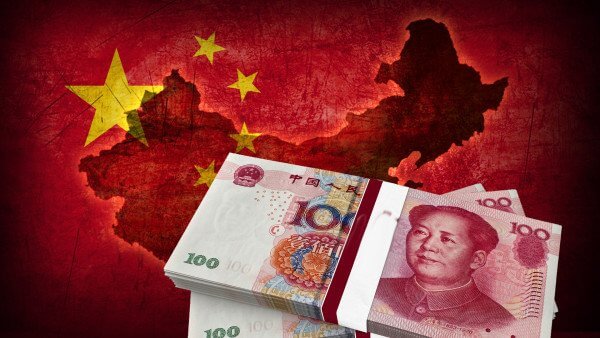By: Will Kessler, Daily Caller News Foundation
U.S. public pensions have invested more than $68 billion in China and Hong Kong over the past three years despite the country’s struggling economy and allegations of human rights abuses, according to the bipartisan advocacy group Future Union.
In total, 42 states have at least one public pension that has invested in Chinese or Hong Kong assets in the last three years, and a total of 29 out of 74 pensions have made new investments in the past year, according to a report from Future Union. From the start of 2023 through October, institutional investors have pulled out over $31 billion in stocks and bonds from the Chinese financial system, culminating in the worst outflow since 2001 as stockholders grow increasingly pessimistic about their investments amid the country’s economic uncertainty.
California pensions have the most allocated to adversarial assets, with the California Public Employees Retirement System having invested more than $4.8 billion in the last three years, while the state’s teachers’ retirement pension has invested $5.6 billion, according to the report. Each investment into China or Hong Kong has an investment period of 10 years, and 56 of the 74 public pension funds have made follow-up investments in the past 36 months on their foreign assets.
China’s economy has failed to resume the growth rates that it saw before the COVID-19 pandemic and continued to show slow and under-expectation growth in areas like consumption and manufacturing. In data released in December, retail sales grew only 10.1% for the year compared to expectations of 12.9% growth, while fixed-asset investment from January to November only grew 2.9%.
Some investors have also fled China due to allegations of human rights abuses against the Uighur Muslims in the country’s Xinjiang region. The Chinese Communist Party is currently perpetrating a repressive campaign against the minority group involving reeducation camps, forced labor and involuntary sterilizations, prompting the U.S. to pass the Uyghur Forced Labor Prevention Act, which aimed to limit American firms from producing goods utilizing forced labor in the region.
Related Story: ‘A Bit of an Awakening’: Wall Street is Pulling Out of China as its Economy Teeters on the Brink










